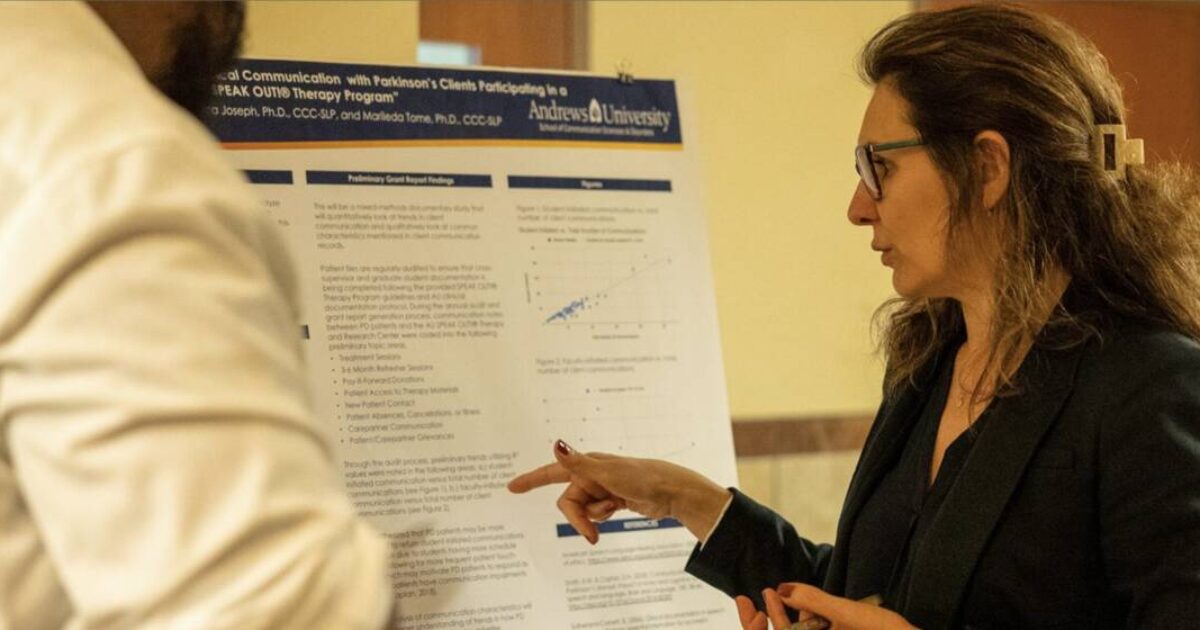Adventist Bioethics Consortium Conference Integrates Christ-Centered Practices into Medical Research
8 June 2025 |
Presenters from nine institutions gathered at Andrews University for the annual Adventist Bioethics Consortium Conference on May 12 and 13, under the theme, “Know Mission, Know Margin.” According to an article in the Lake Union Herald,
This theme was directly inspired by the phrase “no margin, no mission,” which explores how to provide financially sustainable and equitable services to struggling communities. Presenters represented various institutions, including Andrews University, Adventist Health, Sydney Adventist Hospital, Loma Linda University, Kettering Health, Washington Adventist University, Indiana University, Uniformed Services University, and AdventHealth University. The conference’s objective was to inspire Seventh-day Adventist and faith-based healthcare organizations and schools to address concerns involving marginalized communities, thereby pursuing their Christ-ordained mission to serve all humankind and “make disciples of all nations.”
Over the two days, professors of bioethics, law, and religion; clinical psychologists; and healthcare leaders shared research on the importance of partnering science and faith. One example is a study conducted by Bonny Dent, an adjunct faculty member at Andrews’ School of Rehabilitation Sciences, who explored the relationship between chronobiology—the study of biological rhythms—and the Sabbath.
Another example was by Grace Oei, director of the Center for Christian Bioethics in Loma Linda University’s School of Religion, who “spoke about bioethics, noting how organizational and community culture defines the norms for behavior, treatment of patients, and structure of health care organizations.”
The presentations explained how scientific research, specifically on demographic studies, bioethics, the psychological impact of chronic illnesses, and the sociological impact of supporting trauma victims, has led to programs that can bring about societal shifts within the community and hospital culture.
AI and maintaining medical ethics became key topics. The open discussion wrestled with how to integrate artificial intelligence within healthcare systems and how to stop decreasing empathy after medical school. The underlying theme of the conference was how Christ’s ministry revealed active examples of practical ethics, thus shaping how empathy must fuel medical outreach and research.




